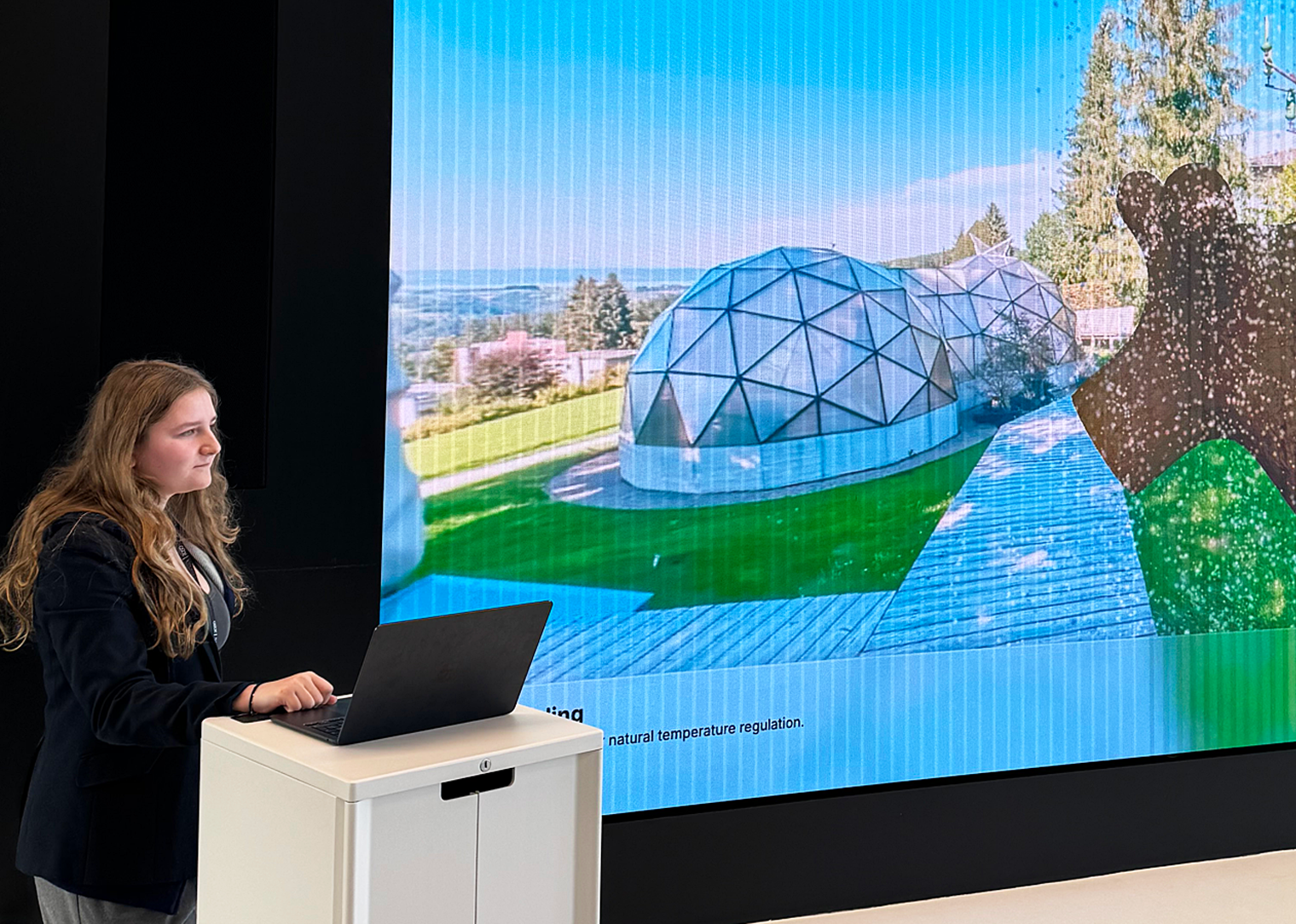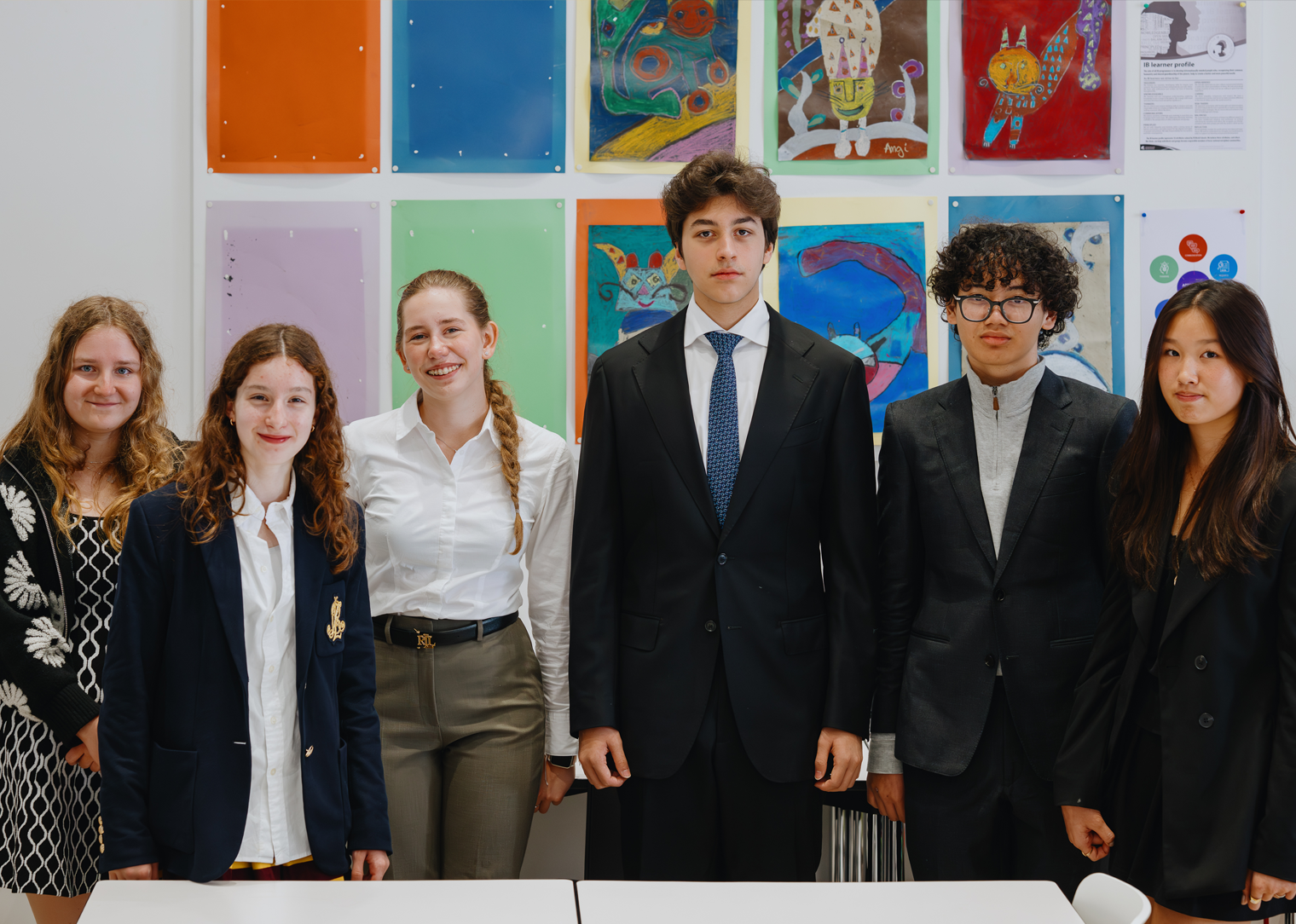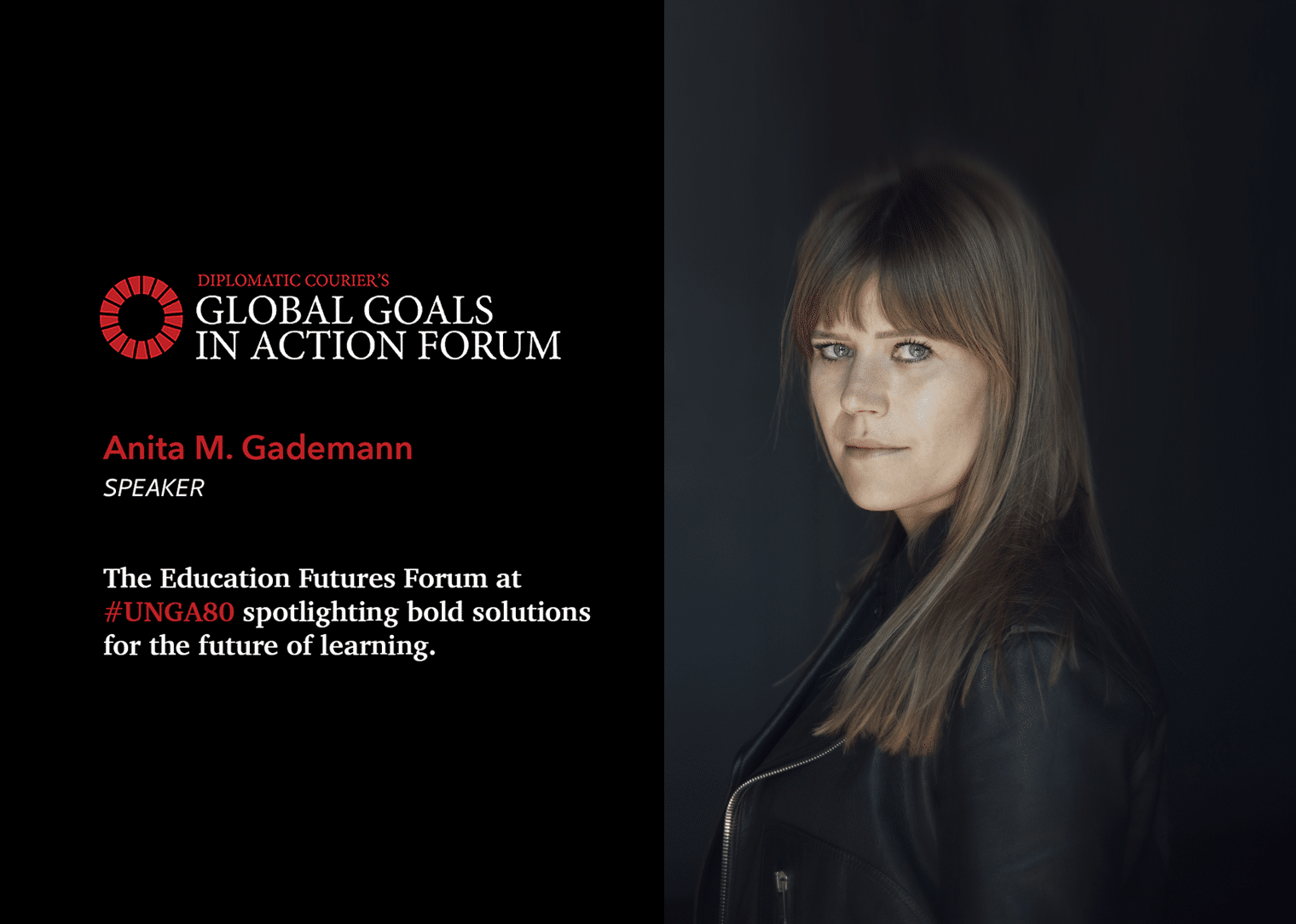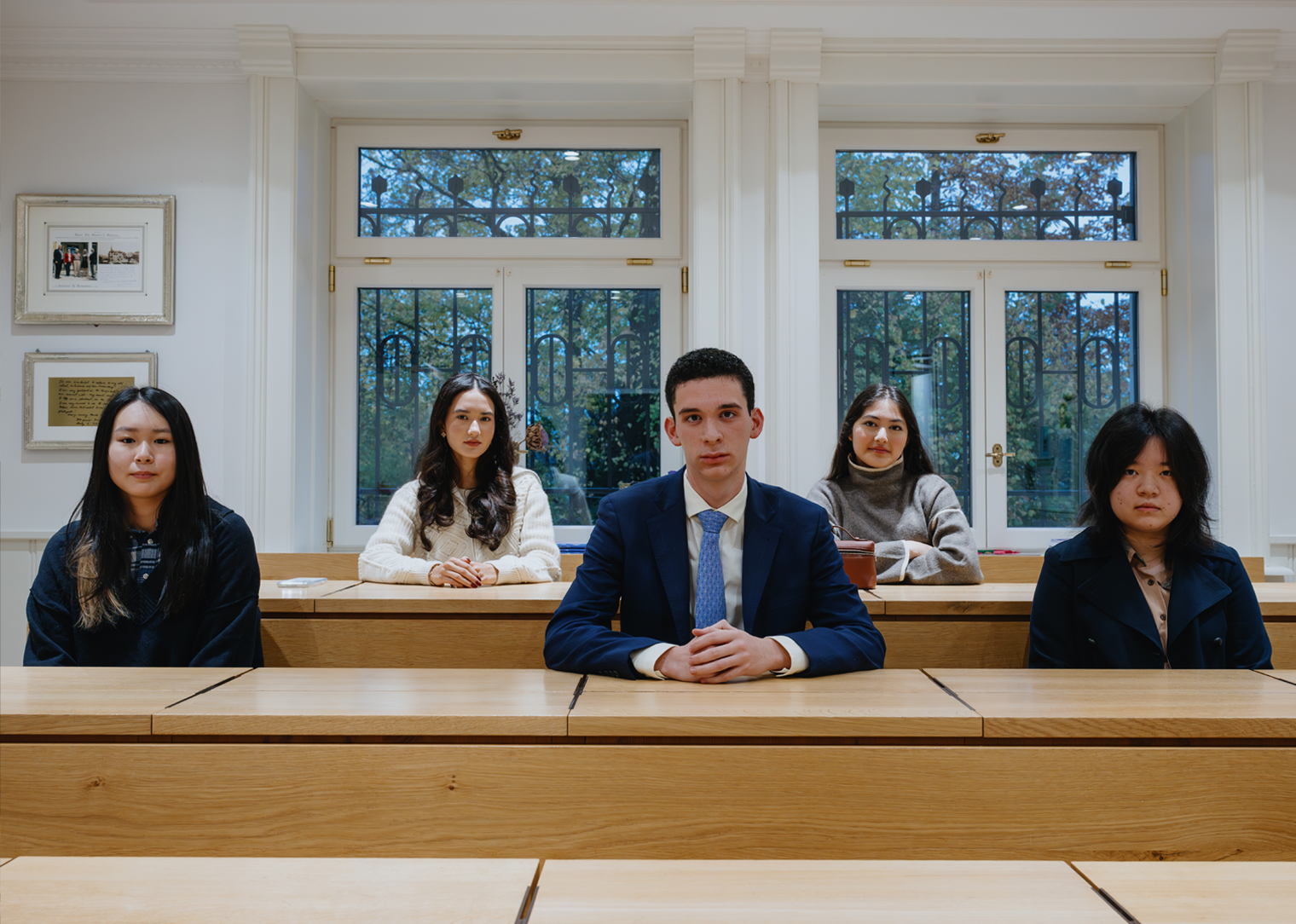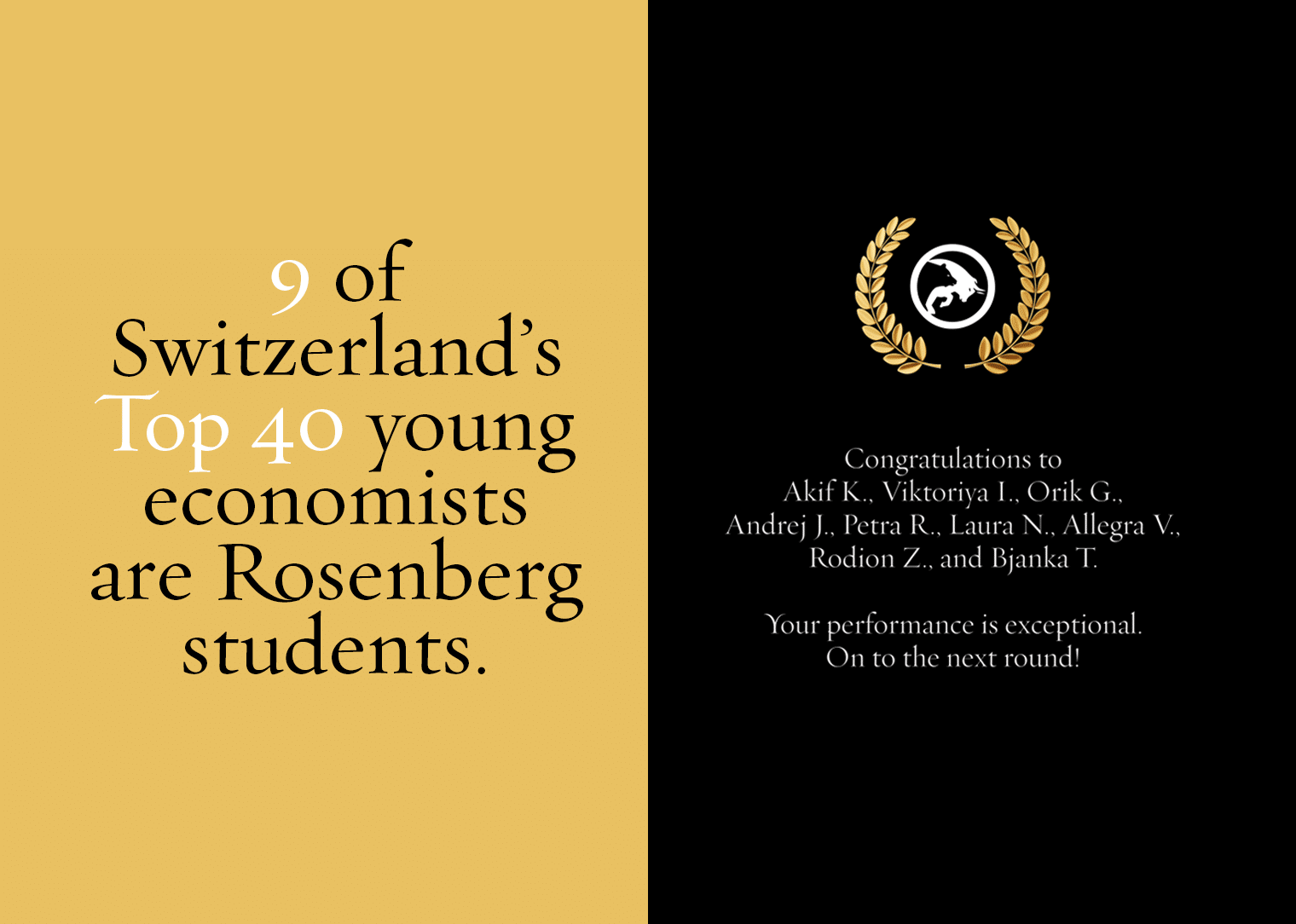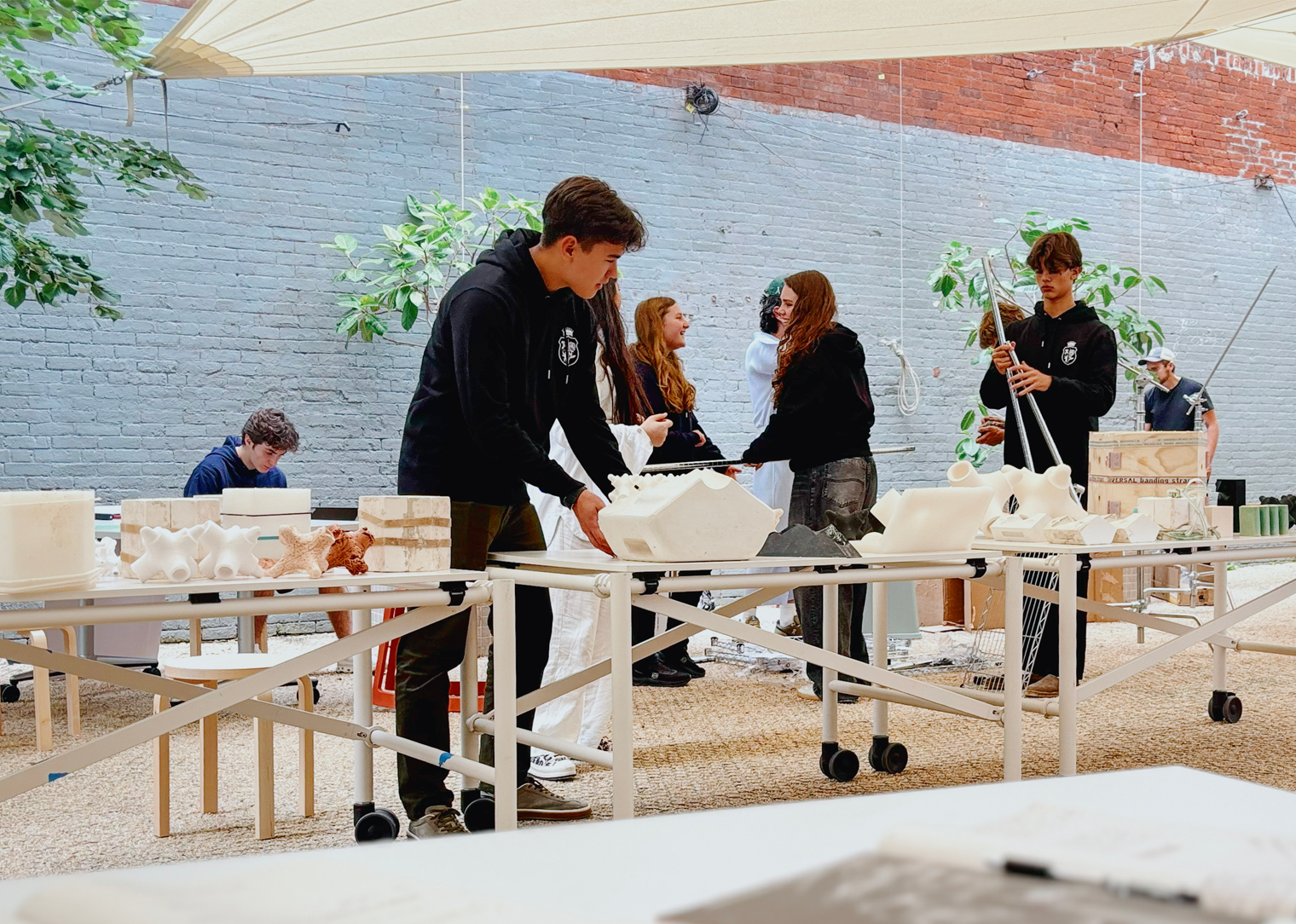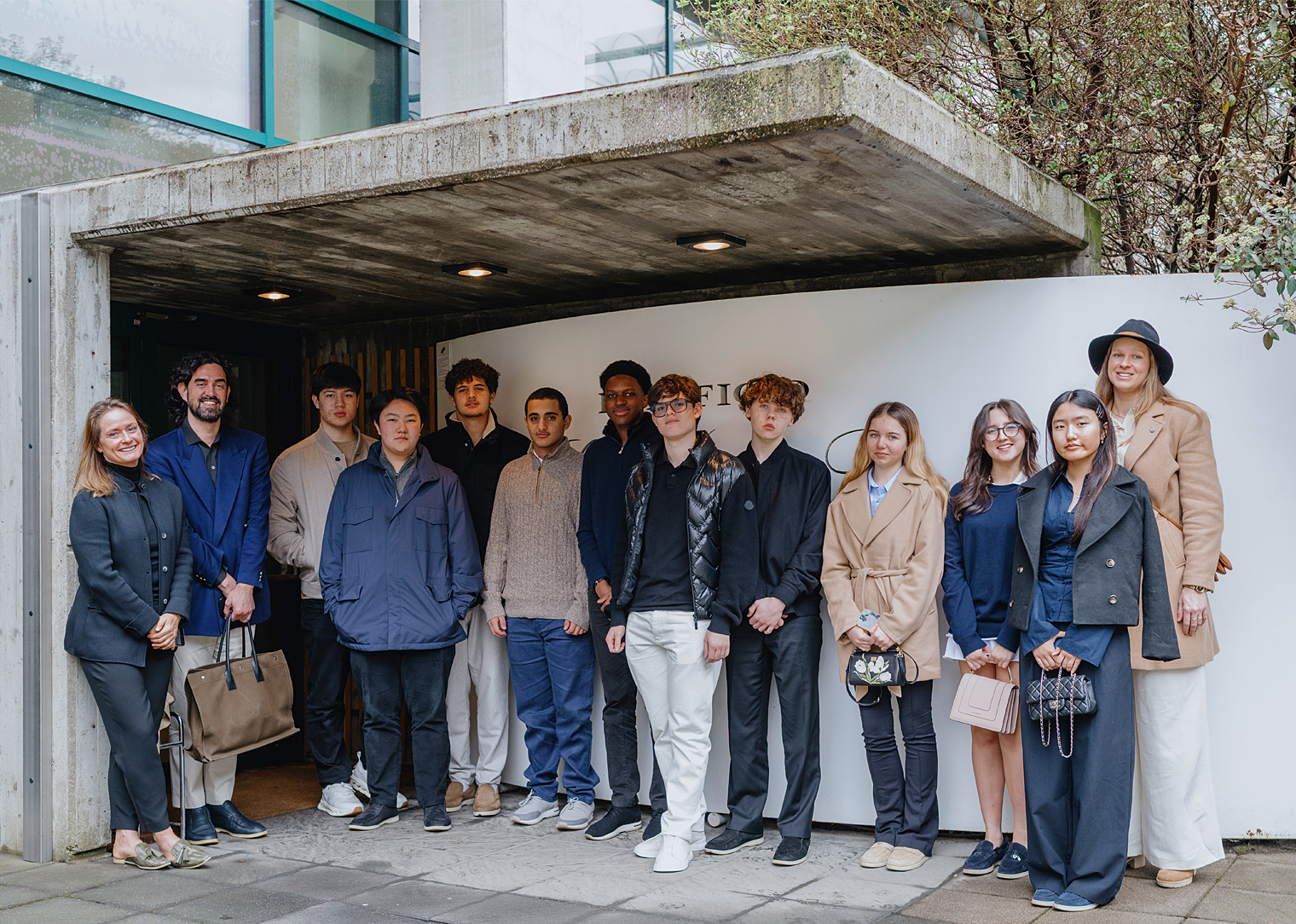Les étudiants de Institut auf dem Rosenberg est récemment revenue de la 21e édition de l'Oxford International Model United Nations, qui s'est tenue du 31 octobre au 2 novembre à Oxford, au Royaume-Uni. Cette conférence prestigieuse est l'une des rencontres de diplomatie étudiante les plus estimées d'Europe, réunissant de jeunes leaders du monde entier. Ferenc Kumin, ambassadeur de Hongrie au Royaume-Uni, qui a souligné l'importance cruciale du dialogue, de la diplomatie et de l'engagement des jeunes pour façonner un monde plus connecté et plus coopératif. Son discours a donné le ton à trois jours de simulation diplomatique intensive et de collaboration internationale.
Au cours de ces journées remarquables, les délégués de Rosenberg se sont engagés dans un débat rigoureux sur des questions mondiales urgentes, ont négocié des résolutions complexes et ont échangé des idées novatrices avec des pairs issus de milieux culturels et éducatifs différents. Les étudiants ont représenté leur pays avec distinction au sein de deux comités prestigieux : l'Organisation mondiale de la santé, accueillie au Jesus College d'Oxford, et le Conseil des droits de l'homme des Nations unies, réuni au Christ's College d'Oxford. Tout au long de ces sessions, les délégués de Rosenberg ont fait preuve d'une assurance, d'une profondeur intellectuelle et d'un esprit de collaboration exceptionnels, opérant à un niveau véritablement collégial qui a impressionné à la fois les conseillers de la faculté et les autres participants.
La conférence comprenait également une séance d'information spécialisée sur la gestion des crises, animée par le jeune ambassadeur des Nations unies en Hongrie, qui a permis aux étudiants d'acquérir une expérience immersive de la gestion de situations d'urgence complexes à l'échelle mondiale. Cette simulation a mis les participants au défi de prendre des décisions critiques sous pression, en testant leurs capacités de leadership et de réflexion stratégique dans des scénarios en temps réel. L'exercice de crise a été l'un des points forts de la conférence, offrant une expérience pratique inestimable de la diplomatie internationale et des protocoles de réponse aux situations d'urgence, en complément du travail formel en commission.
La communauté éducative de Institut Rosenberg adresse ses plus sincères félicitations à tous les délégués pour leur performance exceptionnelle tout au long de la conférence. Le dévouement des étudiants à l'excellence diplomatique et à la citoyenneté mondiale était évident dans leurs contributions réfléchies et leur conduite professionnelle. Une reconnaissance particulière est due à plusieurs délégués qui ont reçu des prix distingués pour leur performance exceptionnelle : Aldo F. a reçu la plus haute mention pour sa représentation de l'Afrique du Sud au sein du comité de l'Organisation mondiale de la santé, faisant preuve d'une expertise remarquable en matière de politique de santé mondiale et de stratégies de négociation. Inna-Michelle C. a reçu le titre de déléguée ayant le plus progressé pour sa représentation de l'Arabie saoudite au sein du comité de l'OMS, faisant preuve d'une progression significative de ses compétences diplomatiques et de son engagement au sein du comité tout au long de la conférence. Paul R. a également reçu le prix du meilleur délégué pour sa représentation de la Belgique au Conseil des droits de l'homme des Nations unies, faisant preuve d'une évolution notable dans sa compréhension des cadres des droits de l'homme et du protocole diplomatique.
Ces réalisations reflètent l'engagement de l'Union européenne en faveur de la protection de l'environnement. engagement L'Institut auf dem Rosenberg, où les étudiants sont encouragés à développer à la fois des prouesses académiques et des compétences pratiques en matière de leadership, se distingue par son approche éducative axée sur l'excellence. L'expérience de l'Oxford MUN a fourni une inestimable La conférence a permis aux étudiants d'appliquer les connaissances acquises en classe à des scénarios diplomatiques réels, améliorant ainsi leur compréhension des relations internationales, des négociations multilatérales et des structures de gouvernance mondiale. La conférence a non seulement renforcé leurs capacités d'expression en public et de recherche, mais elle a également favorisé la compréhension interculturelle et les amitiés internationales qui leur seront utiles dans leurs futures activités universitaires et professionnelles.
Le succès d'Oxford MUN 2025 montre comment les possibilités d'apprentissage par l'expérience complètent l'enseignement académique traditionnel, en créant des citoyens du monde bien équilibrés, préparés à relever des défis internationaux complexes. Les compétences développées grâce à ces simulations diplomatiques - notamment l'analyse critique, la communication persuasive et la résolution de problèmes en collaboration - s'inscrivent parfaitement dans la philosophie éducative qui consiste à préparer les étudiants à jouer un rôle de premier plan dans un monde de plus en plus interconnecté.



